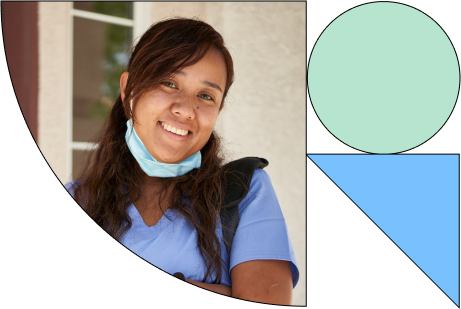Nurselife lives on Nursegrid, and now your education does, too! Whether you’re a seasoned pro looking to stay up-to-date or a newcomer eager to build your foundation, Nursegrid Learn has you covered with state-specific, unlimited, and advanced continuing education course offerings.

4.9 STAR APPLE STORE RATING
(100K+ Reviews)














iPhone® and App Store® are registered trademarks of Apple Inc. Google Play and the Google Play logo are trademarks of Google LLC.